Listen to this post in Audio here:
True WISDOM is to know your authentic self. Ego is: the absence of knowledge of what we truly are.
True WISDOM is to realize this and seek to know our true nature – our authentic self.
A philosophy developed in the Himalayas a thousand years ago cites a three-step approach to cultivating the principle of egolessness.
*According to Buddhist texts, ‘egolessness’ doesn’t actually mean “without ego”. The definition of egolessness is akin to that of an absence of ego (for example, ‘that there was never any ego to begin with’).
Perhaps the most insightful example of egolessness is to observe young children at play; they exude innocence, and they are authentic, and without ego. Their true nature is to simply be as they are.
In Sogyal Rinpoche’s, “The Tibetan Book of Living and Dying”, he refers to ‘The Three Wisdom Tools‘ as described by Tibetan Buddhist Masters as a way of discovering the wisdom of egolessness.
These Three Wisdom Tools were believed to help free humanity from our ego – what we might refer to as the incessant noise of our mind, our attachment to ‘things’, our need to prove our self through our identify with a ‘role’, a ‘title’, or through our actions.
Your ego develops as you move away from your authentic self (which typically begins in childhood), and as you conform to and abide by the rules and restrictions that society deems you should or shouldn’t ‘do’ or ‘be’. Your ego plays a prevalent role in daily life as you become distracted by what you tell our self is true rather than being witness to your truth – your likes and dislikes, your passions and interests, and in who (and what) you truly are.
Embracing each of these ancient three wisdom tools will help you discover and experience your true essence; and to move you out of your ego mind and into present moment awareness – to live as your authentic self.
Not only are these wisdom tools insightful, but by adopting these as a daily life practice helps you to approach and live life differently – enlightened – if you will, since shedding your ego frees you from what habits and tendencies cause you to compare yourself to others, and to think that you are inadequate or somehow ‘less than’ – and to rethink what you may be striving for based on what society (or others) tell you is important and necessary.
These ancient wisdom tools designed to help us live without ego – are actually what can also teach us how to be self aware – to identify our needs, and to learn the skills of reflection and contemplation – which deepen our knowledge and understanding of our self. This wisdom tools help us find our way back to our authentic self – and a path that allows us to live our truth. These tools, written a thousand years ago are what modern day spiritual seekers strive for – they are both relevant and necessary for living awakened and of honouring a life lived as your highest self.
If you are already on a spiritual path, then you may recognize the difference between your ego-mind and the voice of your inner wisdom – what Rinpoche defines as “your hidden spiritual being” – (a beautiful description of what I call your beautiful nature – your soul consciousness). As you listen more to your inner voice of wisdom (rather than the constant noise of the world all around you and the incessant demands of your ego mind), you begin to notice how your inner voice offers wise intuitive guidance – helping you to make the right and best decisions for your self – and your life.
With practice, you begin to distinguish between the truth of your inner voice and the deceptions (and empty promises) of your ‘ego’ mind. For example, your ego might sound like any or all of the following: “If I could just make more money, my life would be so much better”, “Why can’t I lose this extra weight? What’s wrong with me?”, “I’m never going to find someone to love me!”, “I should be in a better financial position than I am”, “I’m not calling her/him anymore. If they can’t be bothered to make an effort why should I?” etc, etc, etc. All of these examples are of how you move yourself away from your center – out of your inner dwelling place and your intuitive wisdom. Whenever you allow your ego to take over, you become lost; you feel a disconnection from your inner truth.
As I help clients to resolve and heal whatever issue or problem they initially came to me for help with, I always make available to them the opportunity in our work together to pursue their spiritual path. This includes offering relevant teachings for how to become more aware of one’s inner guidance system – or intuitive knowing – as a best source of knowledge and wisdom. Embracing your spiritual self is how you deepen self knowledge and it is how you awaken to your authentic nature. Opening to your ‘hidden’ spiritual aspects helps to build confidence and self-reliance. (It isn’t that you won’t ever need or rely on another person to give you suggestions or support, but ultimately you become skilled at making wise choices for your life because you are able to easily access your inner wisdom – your authentic self – and you trust in this intuitive knowing).
Indeed, there are limitless spiritual teachings and aha moments that we may be witness to over our lifetime. Some ways to explore and discover “your hidden spiritual being” include the practice of these precise ancient wisdom tools: regular guided meditation together, living with awareness (hearing and listening attentively) and contemplation for experiencing yourself as far more than your ego.
Regardless of where you are along your spiritual path (or if you are far removed from it at this moment), you can use any or all of these Tibetan wisdom tools to develop a deeper awareness of your authentic self (your true nature). You can do this now even if you never wish to explore spirituality or the presence of your inner being. These wisdom tools can help to enrich the many experiences of your life. Organizing these tools into action as a daily practice will help you become aware of what ‘illusions’ (or what we may call ‘perceptions’) are causing your unhappiness and suffering.
One way that you can return to your deepest knowings – to your truth – is to contemplate what you have been “taught” to believe as a child, and to consider based on your inner wisdom what you believe to be true now.
Below are the Three Wisdom Tools as described by Tibetan Buddhist Masters in Sogyal Rinpoche’s book. Consider how timeless they are – appropriate for us some thousand years later.
The first of the Three Wisdom Tools is THE PROCESS OF LISTENING AND HEARING
The process of listening and hearing begins by listening both to your inner voice as you are instinctively guided inward and to formal spiritual teachings (this may be in the form of a book, a workshop or course, a formal practice – such as yoga or meditation, returning to (or learning new) methods of prayer or seeking out spiritual ‘teachers’ and mentors who inspire you to go inward to trust in your intuitive knowledge as they help support your journey).
As you take in varied spiritual teachings and as you surround yourself with resources and people who uplift and inspire, certain practices, insights and revelations – will resonate as your truth. You will feel a deep sense of authenticity in what you are discovering; perhaps some of it you remember from a much earlier time – as a simple knowing or truth – that you once believed with certainty. This is how you awaken. You awaken to your inner wisdom and the discovery that you have the potential to be more than you currently are – not because you aren’t good enough already – but rather because what you desire for your self is now more and you are ready to be the person that you have been contemplating, imagining – and likely dreaming of.
Listening is a far more difficult process than most of us imagine. To truly listen as intended by the ancient Tibetan Masters is “to let go of ourselves completely; to let go of all the information, all the concepts and ideas, and all of the prejudices that our minds are filled with.” For example, how often to do you notice yourself tuning out when another is speaking because you have quickly decided that they are ‘wrong’ or that their perspective is somehow ‘flawed’.
“If your mind is empty, it is always ready for anything; it is open to everything. If we really listen with an open (beginner’s) mind, we might begin to hear (what we need to know). If we listen with a silent mind, free of all preconceived ideas that we already know the answer, then it becomes possible for the truth of the teachings to pierce us, and for the meaning of life to become startlingly clear.” – Zen Master Suzuki-Roshi
“The more and more you listen, the more and more you hear; the more and more you hear, the deeper and deeper your understanding becomes.” – Zen master Dilgo Khyentse Rinpoche
The second of the Three Wisdom Tools is CONTEMPLATION AND REFLECTION
The deepening of understanding comes by way of contemplation and reflection. You contemplate what you are discovering as you go within for answers and information. This knowledge and wisdom gradually begins to permeate your mind – revealing itself in your ‘inner experience’ of daily life. Everyday situations begin to mirror – subtly at first – truths of the teachings you have been exposed to from within. Your contemplation and reflection of what what your know to be true, slowly unfolds and enriches what you begin to understand intellectually. Inner contemplation and reflection is what helps to bring your understanding from a place of intellectual knowing – into a heart centered awareness.
A real life example of this is when you have a sense about something – whether it is how a person is feeling, or perhaps an action that you may need to take. When you follow your intuitive knowing because you are open and willing to go inward in contemplation and reflection – your action will always confirm this. This helps you to have greater confidence that the right answers you seek – are always within – always accessible – and always of truth.
The third tool of the Three Wisdom Tools is MEDITATION
After listening and reflecting on the various inner dwelling teachings and wisdom that you come to access, you put into action these insights and apply them directly – through the process of meditation – to the needs of everyday life.
Meditation allows you to incorporate the insights and teachings that come from regular contemplation and inner focus – into daily practice – first by drawing awareness to what is needed in each moment, by being present, and by responding to situations from a place of reflection of what your true (and highest level) desires are – rather than out of reactivity to others or in ‘reaction to’ a situation. Meditation then allows you to apply the wisdom of these teachings into a specific plan and purpose for allowing them to be present and alive in your life.
These three wisdom tools when used together open you to the marvels of life unfolding – in the present moment – as you are – and for presenting to you the opportunity to delve deeper into your truth – your authentic self and your divine (spiritual) nature.
Something further to consider:
What if you chose to embrace these three ancient wisdom tools as three daily life practices: to listen and hear with presence; to be attentive to the richness of life’s experiences offered moment by moment – and to be willing to meet another where they are – even if what they are speaking of is not something that you may agree with, the goal being simply to listen and hear for this is how you honour and respect another (in the present moment) and to glean what is important for you to hear; to contemplate and reflect – to allow yourself to be witness to your inner knowing – to going within for what truths will help guide you best; and to explore what your inner wisdom gives insight to – and finally; in the formal practice of meditation – in stillness and with the inner voice of your truth as you allow meditation to reveal greater insight and significance of all that you know, on what you have been observing, and what this means for your life. In the beautiful ways in which you integrate these ancient teachings you come to develop three of the most important practices of your life and of living as your authentic self – fully awake, attentive and void of your ego mind.
Namaste!
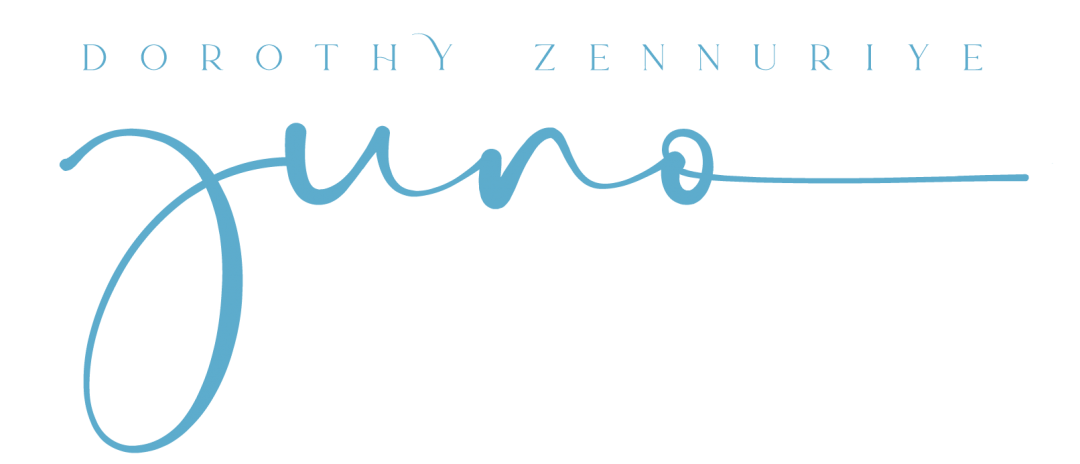
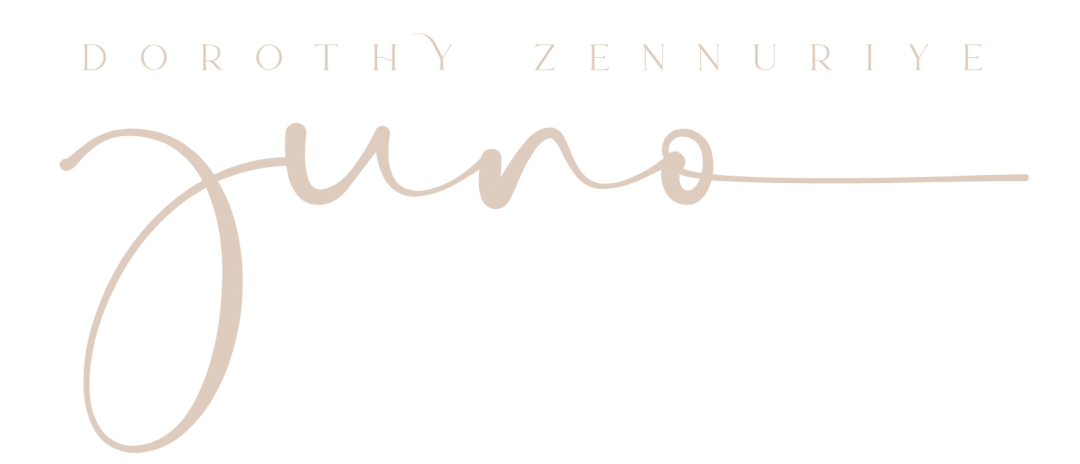
 'being love' ? (@dorothyratusny)
'being love' ? (@dorothyratusny)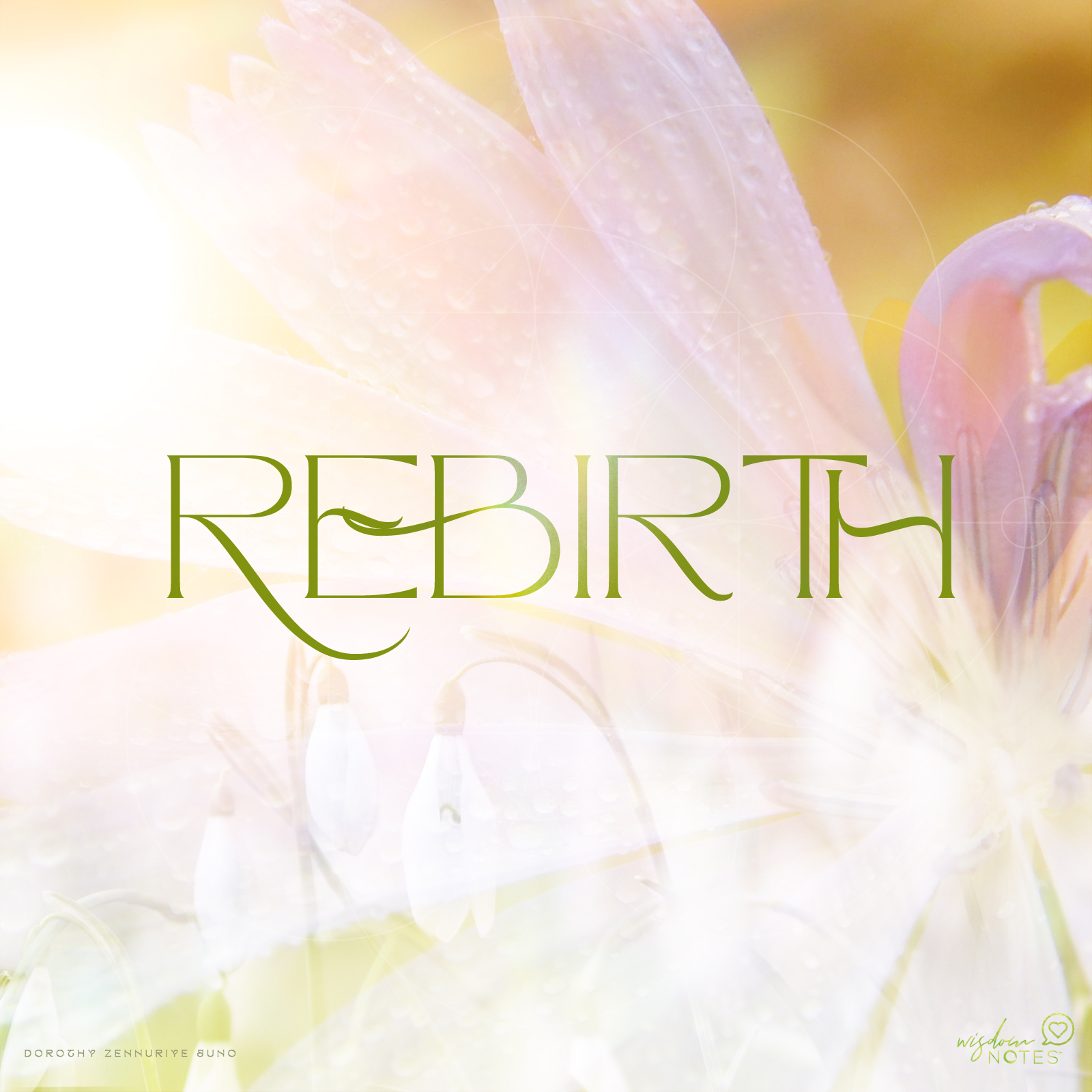
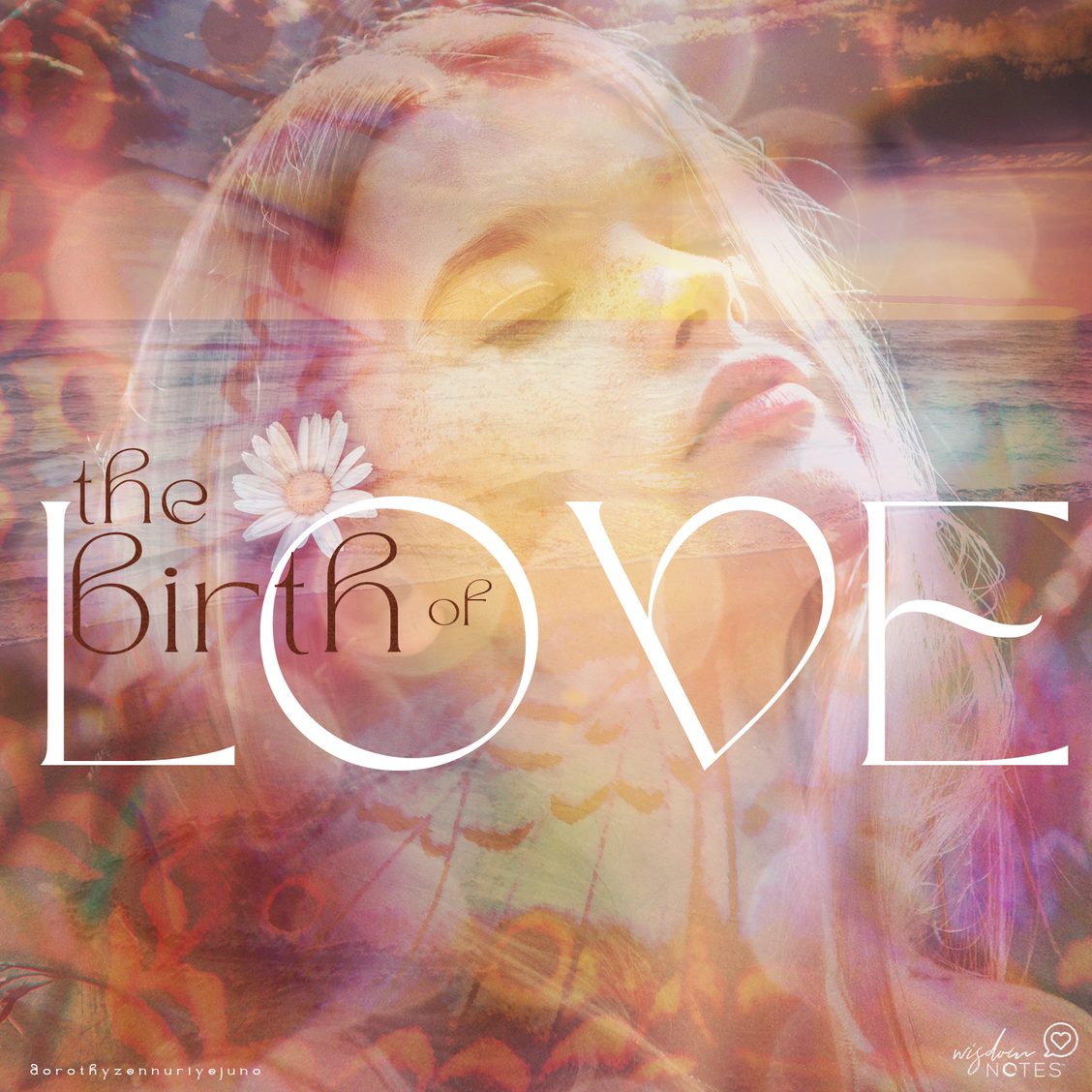
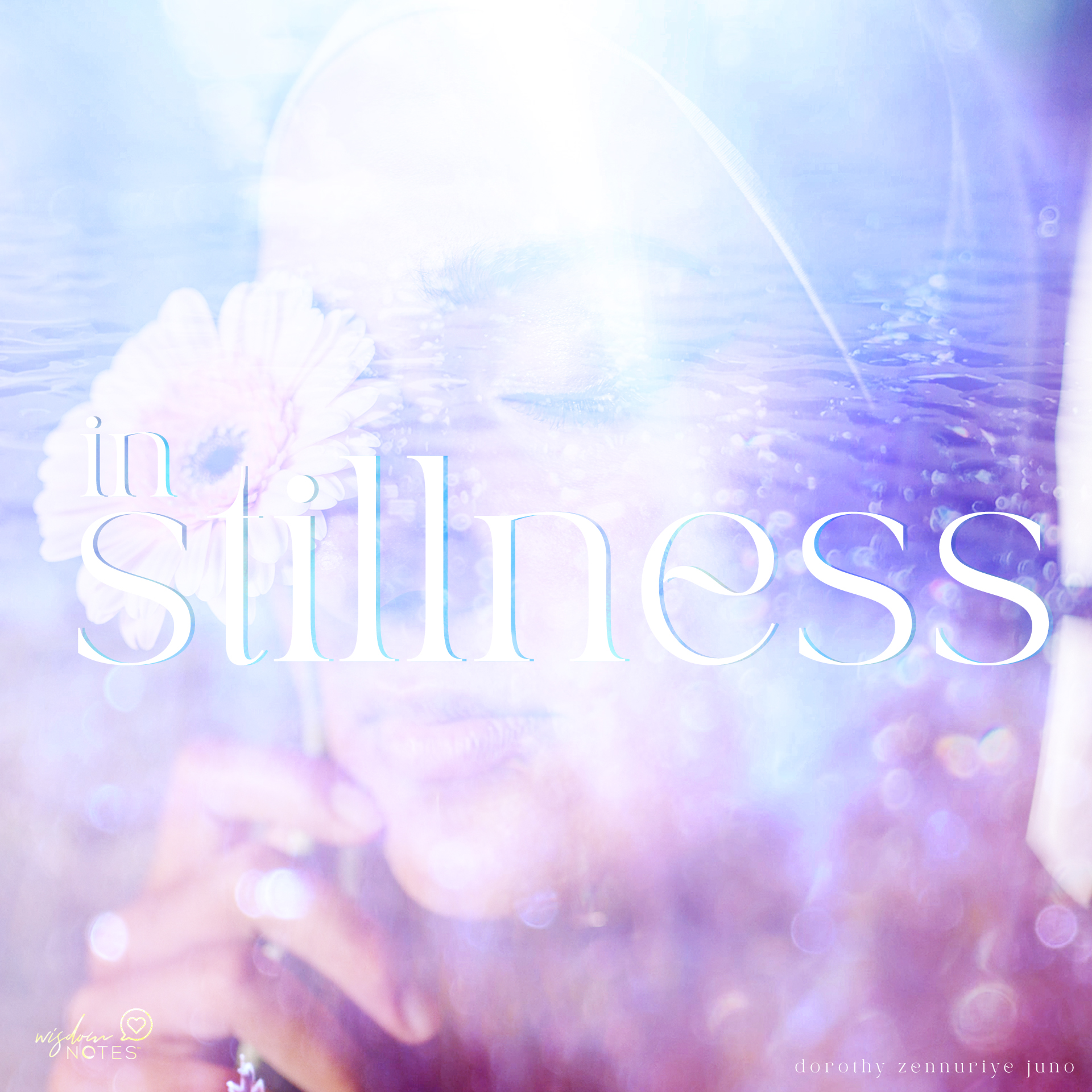
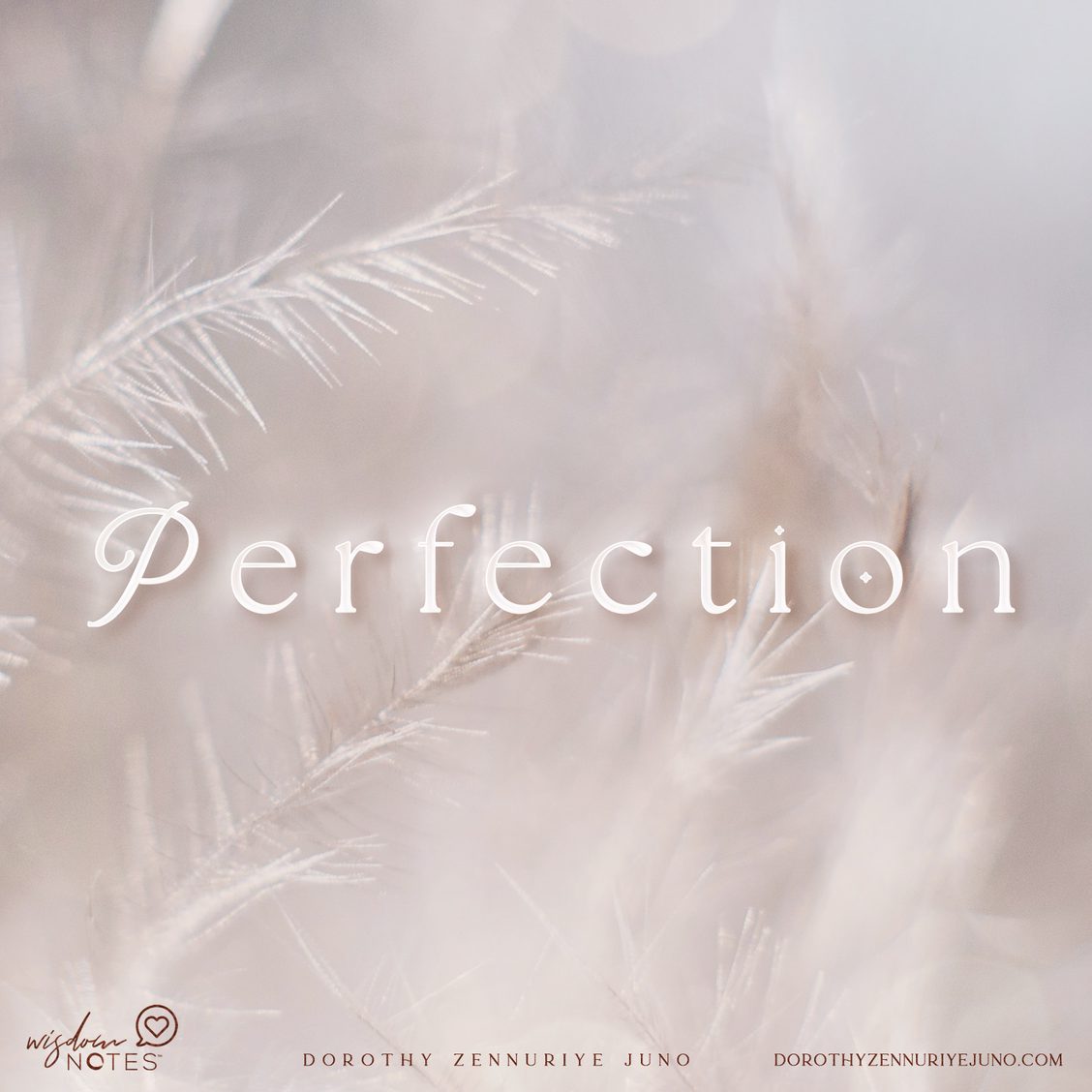






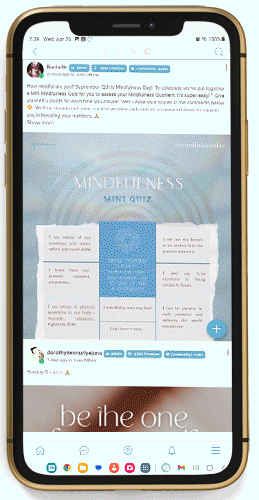

Leave A Comment
You must be logged in to post a comment.